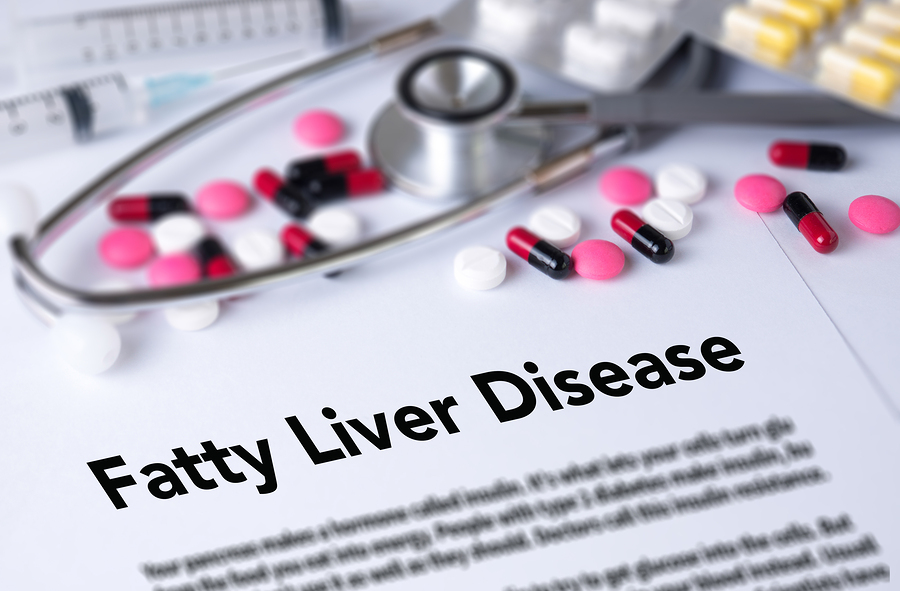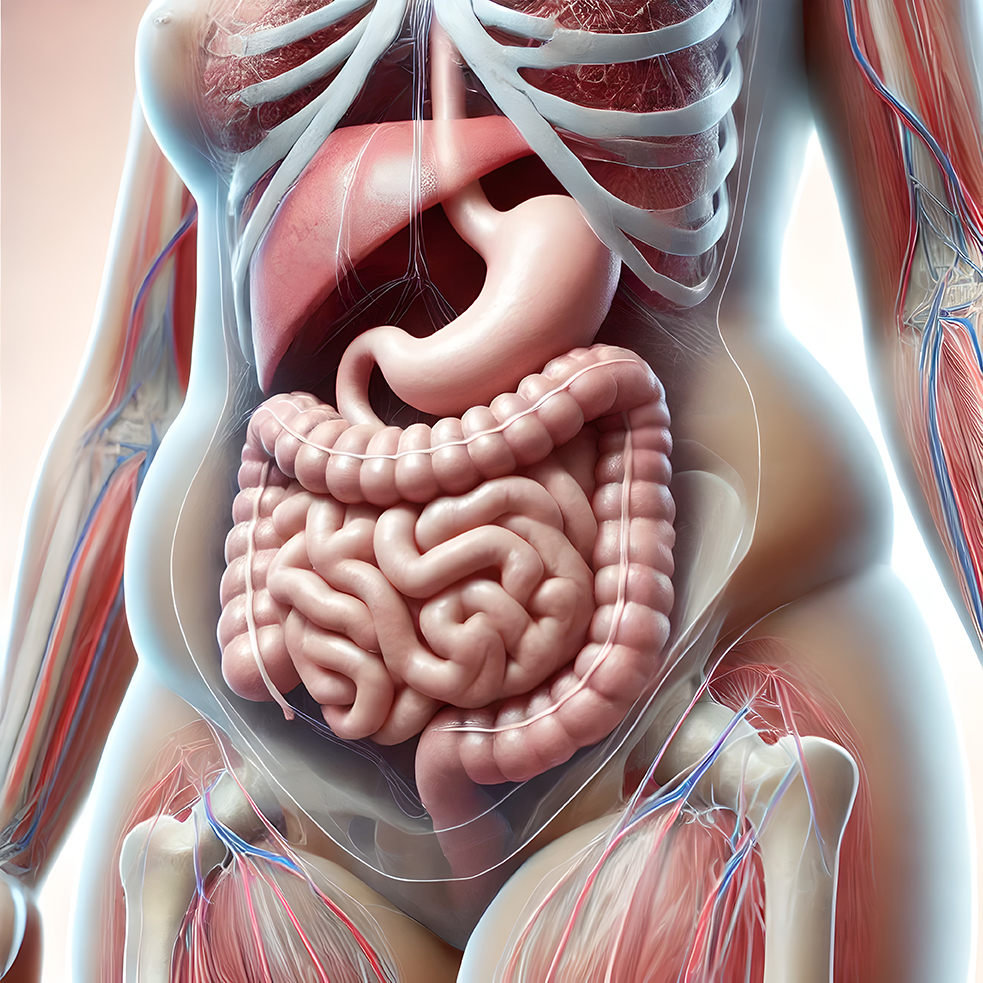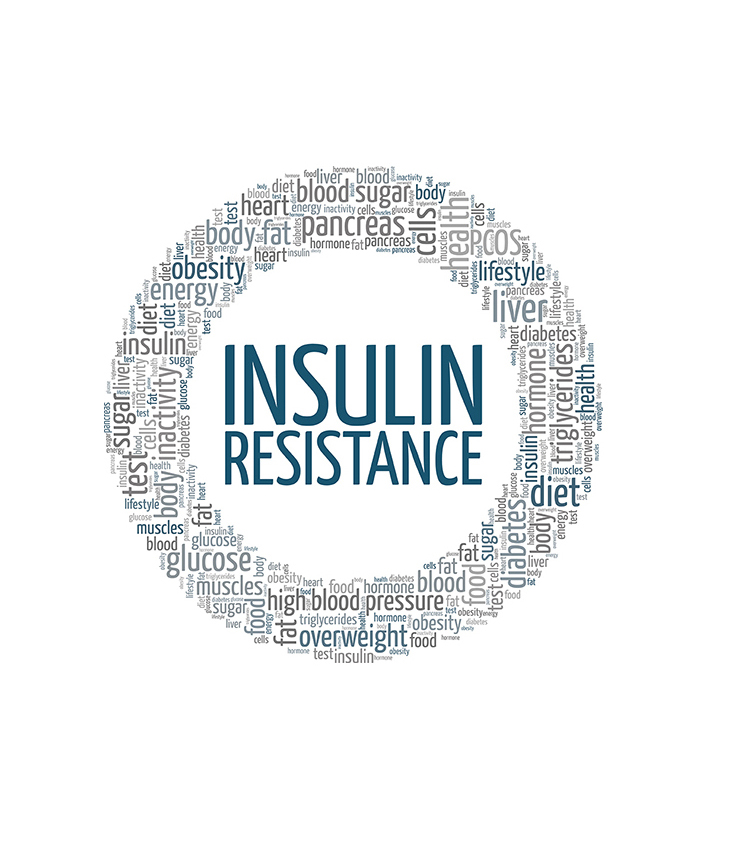The liver plays a crucial role in various metabolic processes in the body, and its functions can have an impact on weight in several ways:
1. Metabolism of Nutrients:
- The liver metabolizes nutrients from the food we consume. It processes carbohydrates, proteins, and fats, converting them into forms that can be used by the body for energy or stored for later use.
- Excess calories from the diet can be converted and stored as glycogen (a form of stored glucose) in the liver. When the liver’s glycogen stores are full, excess calories can be converted into fat.
2. Regulation of Blood Sugar:
- The liver helps regulate blood sugar levels by storing glucose as glycogen when blood sugar is high and releasing it when blood sugar levels drop. This process helps maintain overall energy balance.
- If the liver is not functioning properly or optimally, it can contribute to insulin resistance and problems with blood sugar regulation, which may lead to weight gain.
3. Detoxification:
- The liver is a major organ involved in detoxifying the blood by breaking down and removing toxins and waste products.
- If the liver is overwhelmed with toxins, it may not function optimally, potentially affecting metabolism and contributing to weight-related issues.
4. Bile Production:
- The liver produces bile, which is necessary for the digestion and absorption of fats in the small intestine. Bile emulsifies fats, making them easier to digest and absorb.
- If the liver is not producing enough bile, it can affect the absorption of fats and fat-soluble vitamins, potentially impacting overall nutrition and body weight.
5. Hormone Regulation:
- The liver plays a role in the regulation of various hormones, including those that influence metabolism and appetite.
- Imbalances in hormone levels due to liver dysfunction can contribute to weight-related issues.
6. Inflammation:
- Liver inflammation, as seen in conditions like non-alcoholic fatty liver disease (NAFLD), can be associated with obesity and insulin resistance.
- Chronic inflammation can affect metabolic processes and contribute to weight gain.
Seventy to ninety percent of people who are obese or struggle with diabetes, are affected by non-alcoholic fatty liver disease, indicating that this is a widespread health issue. Liver health is closely tied to overall health, and maintaining a balanced diet, regular physical activity, and avoiding excessive alcohol consumption are key factors in promoting liver function and a healthy weight.
Testing for fatty liver can be done in several ways, from blood, ultrasound, transient elastography, and liver biopsy.
An easier and informative option is to test your hair!
Through functional medicine testing we analyze a series of elements from the Traditional Chinese Medicine model of bio-energetic function. In short, the assessment is not just limited to the liver, but also the gallbladder, and related systems.
Functional medicine looks for root cause. As opposed to mainstream medicine, it does not look at one area of your health or symptoms alone, a holistic view of an individual is conducted.
The hair analysis report goes one step further and provides a list of herbs that are compatible with your system. For example, many people take milk thistle for liver health. Unfortunately, for some, this can be a waste of money. You can be a person that does not align with milk thistle. Therefore, you may not be receiving the benefit as believed.
It’s better to know than guess when it comes to using supplements and herbs to improve your health.
I’m shocked at the amount of weight I lost. It was so easy once I knew what I should be eating. Those 25 lbs. came off!
Mary A happy client!







